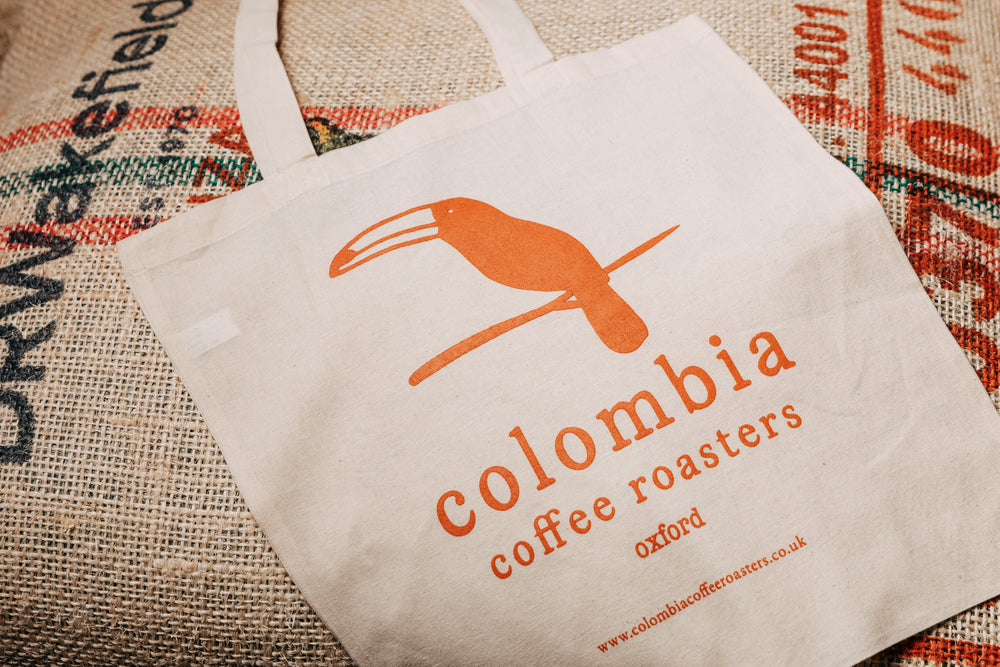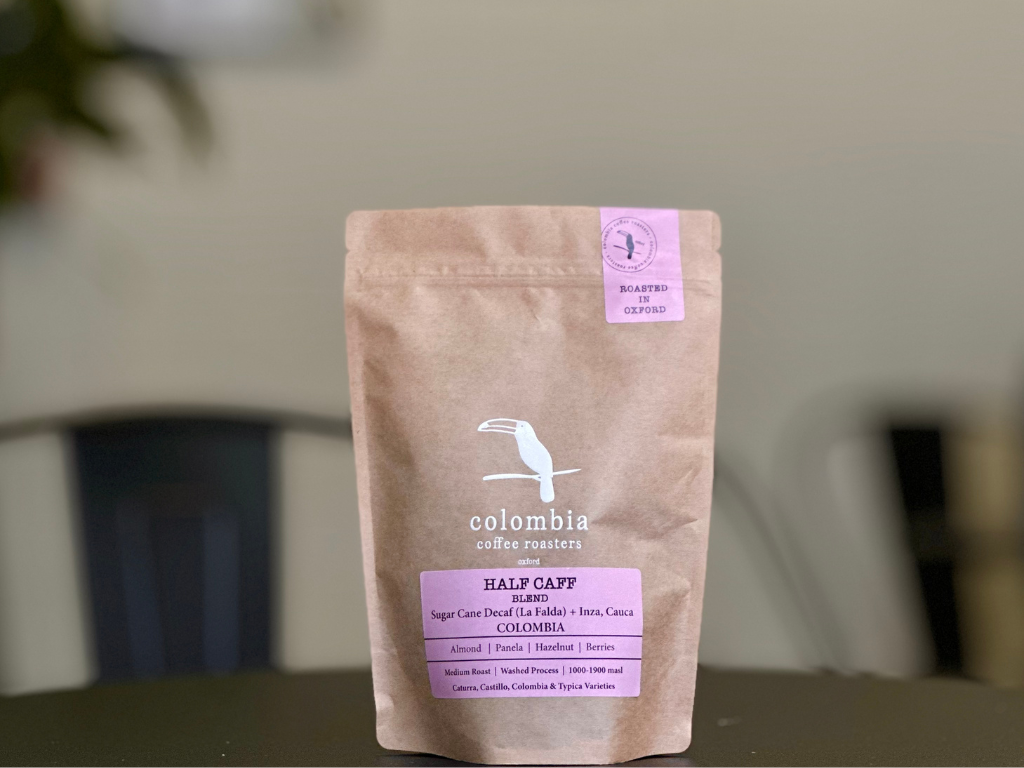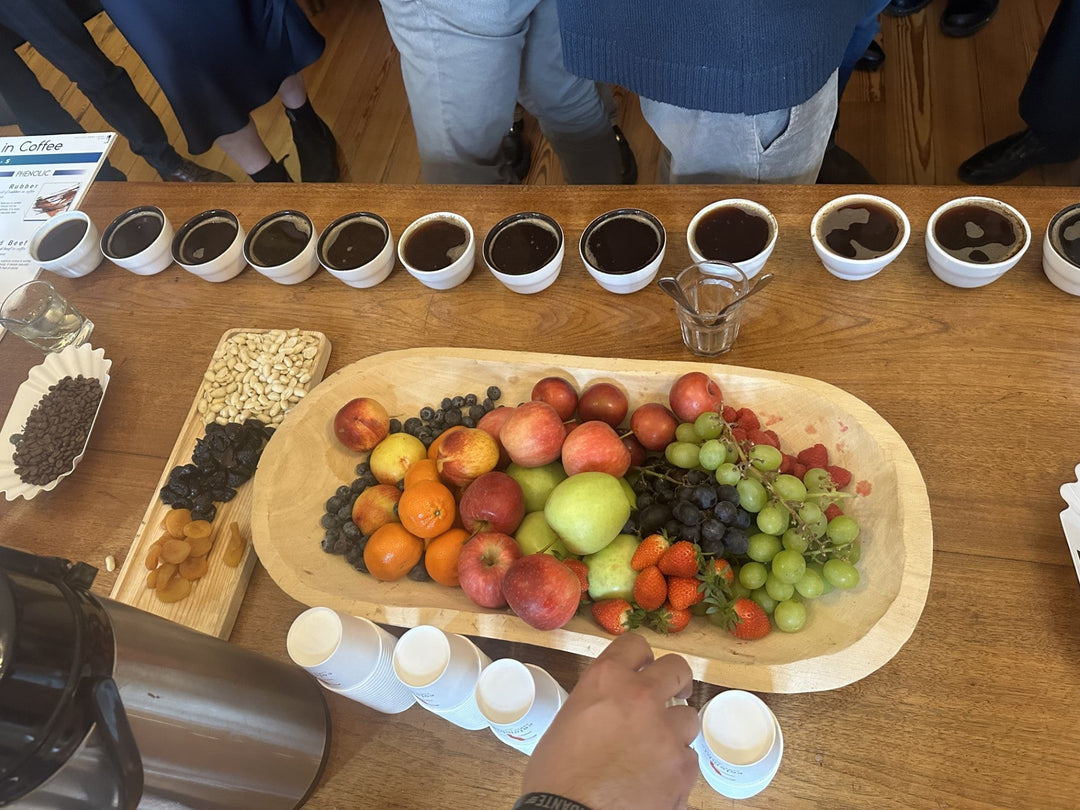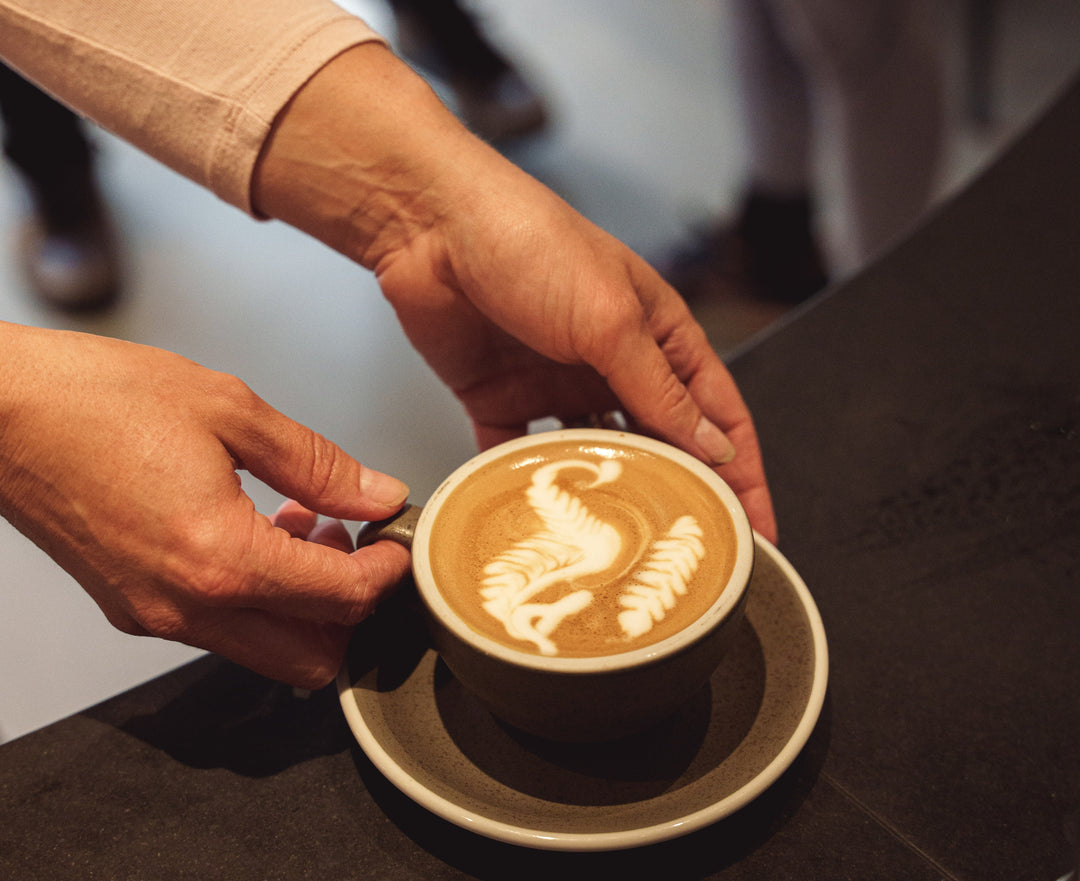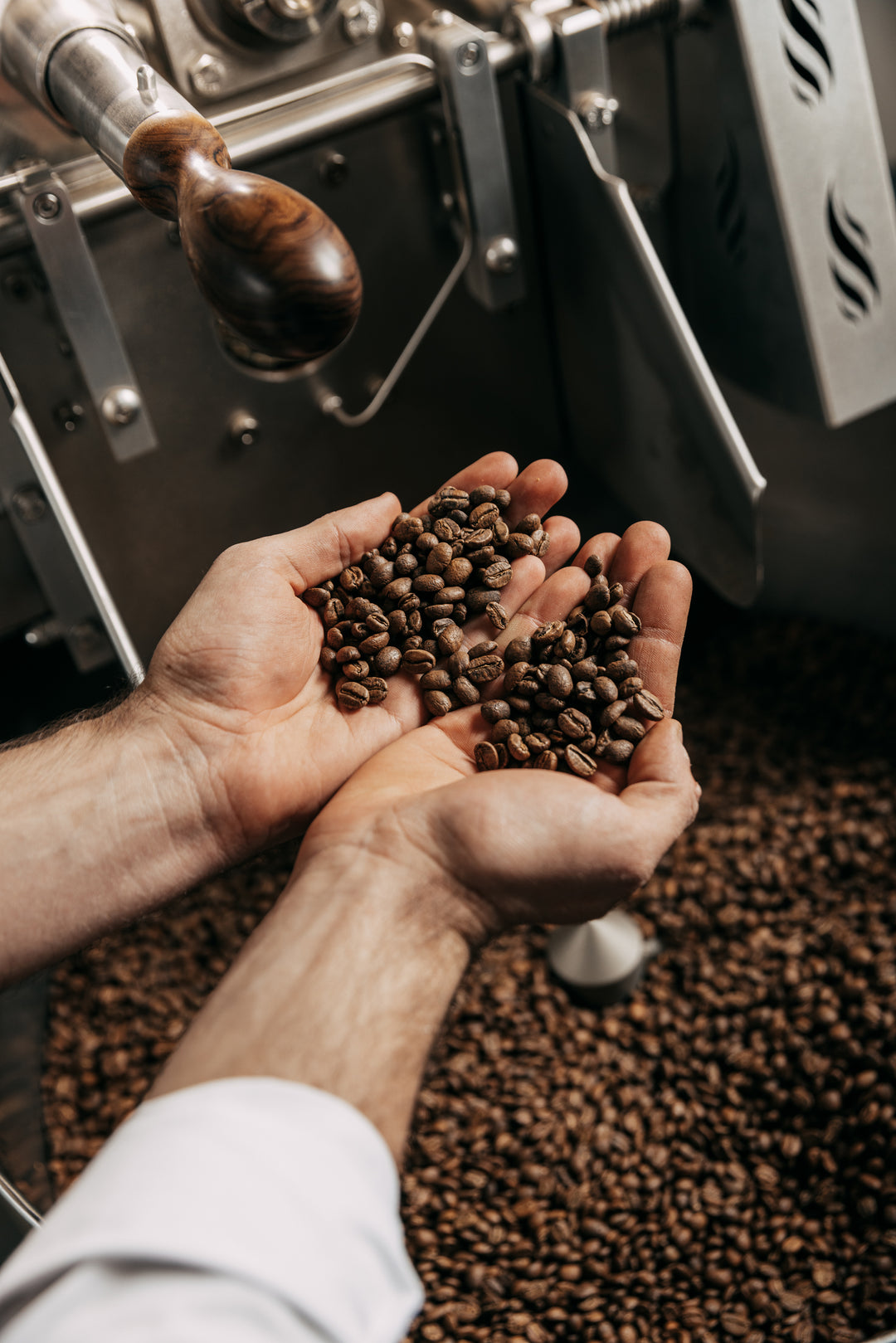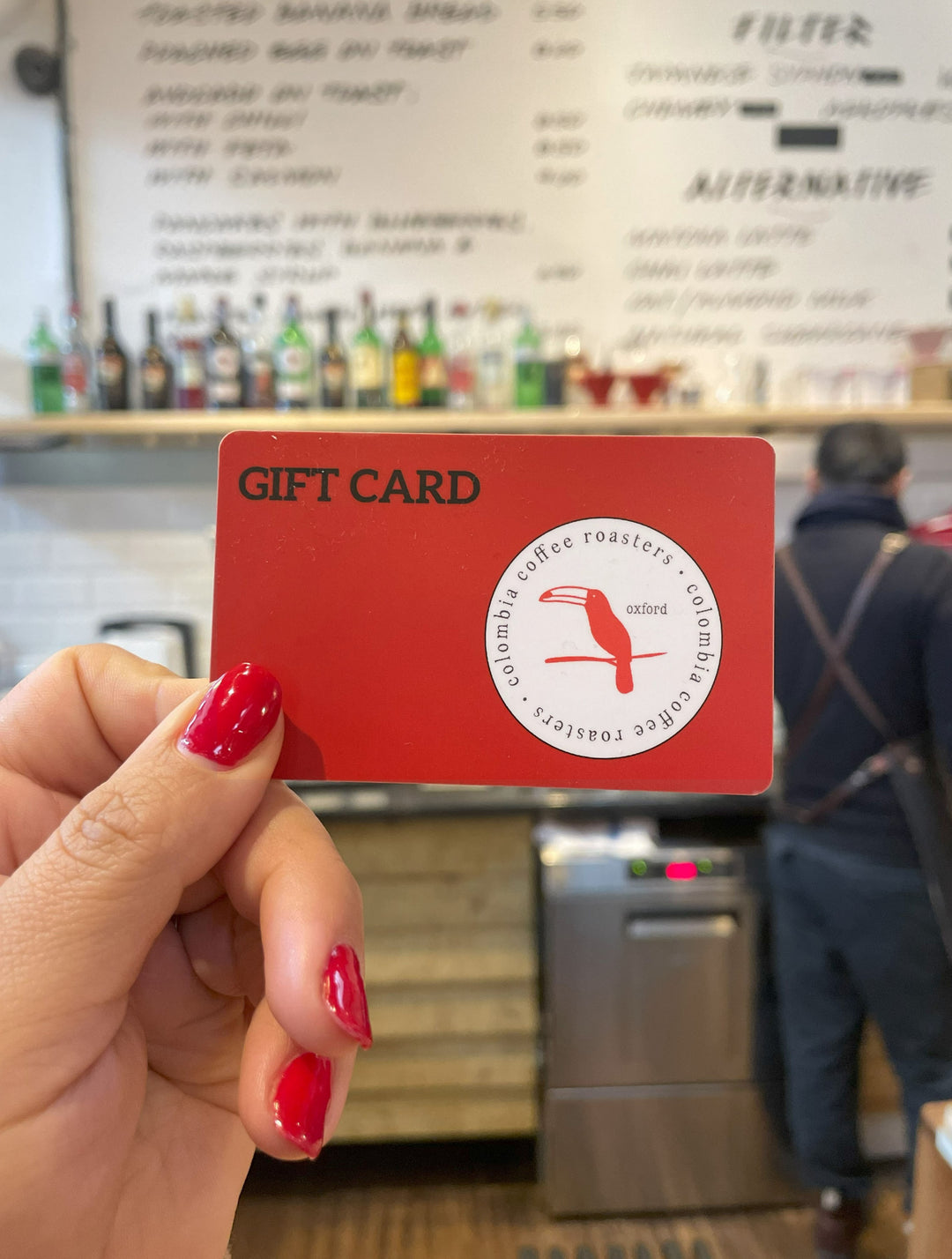But it’s only coffee, right?
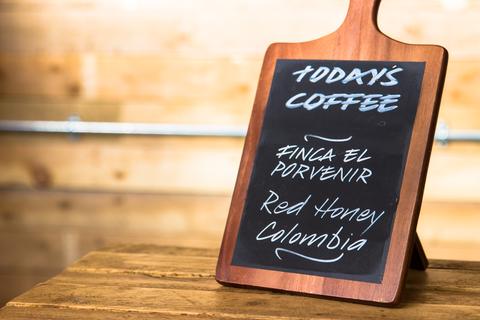

Wrong!
Speciality coffee is not “just” coffee. It is the result of a long sequence of events and people who all strive for perfection. Perfection takes time and care.
So what is all the fuss about?
Coffee, like petroleum, is a commodity. In fact coffee is the second highest traded commodity globally1. Coffee plants take root in fifty countries and on over twenty five million farms. Colombia is the second largest exporter of coffee, after Brazil. This means two things become very important to the global coffee market –
- the quantity of coffee available; and
- the price.
Elements that factor in to both of these elements is the ability to create a product cost effectively, in large volumes that is capable of being on-sold and stored for lengthy periods. This is where Coffea canephora (commonly called Robusta) comes in.
We’ve mentioned in previous blogs that there are two primary species of coffee plantations today – the Coffea Arabica (Arabica coffee) and Robusta. As the name implies, Robusta is a more robust species of coffee. It can thrive in more climates and at lower altitudes and is less prone to disease than Arabica. Robusta also packs a caffeine kick. It all sounds pretty great until you taste it. For all the great production attributes Robusta has going for it, it tastes in a word – horrible!
Perhaps we are not being fair – like with anything there are grades within Robusta coffees. Some Robustas are definitely better than others but, the basic, mass grown and mass produced Robusta tastes and smells a lot like burnt rubber. To use fairy tale terms it is the Evil Step-Mother to Arabica’s Cinderella.
So what happens?
The vast majority of Robusta is traded on the New York Stock Exchange. From there it makes its way to the manufacturing plants destined to become the instant coffee that lines our supermarket shelves. Approximately 40% of the world’s annual soluble coffee production is Robusta. It doesn’t take a genius to realise that a soluble coffee, with a shelf life of over a year, simply cannot be good coffee!
In order to keep up with demand, the farmers and roasters are obliged to make use of the quickest and most cost effective means of delivering the beans to market. The consequence is often that farmers are forced to work in abysmal conditions and are lucky if they make back the cost of production. Additionally, the type of farming and processing of the beans is often ecologically detrimental.
So what is so distinctive about speciality coffee?
In some countries like Colombia, it is illegal to grow any species of coffee other than Arabica. Within Arabica there are several varieties which spring from the original “Arabica Typica” that was propagated around the world by the Dutch. Certain varietals like the Bourbon, Geisha, etc are all highly desirable for their excellent cup quality. This is where speciality coffee distinguishes itself, the difference begins from the seedlings selected.
Speciality coffee producers view a coffee cherry as potential. If we closely control the environment in which the coffee plants are grown, harvested, processed, roasted and finally brewed, the result is a high quality coffee, with an unique flavour and distinct personality. In a word, speciality coffee is superior.
The inherent potential in the coffee plant is gently and environmentally soundly nurtured to ensure that the plants thrive. The coffee cherries are picked (almost always by hand) in their prime and processed in such a way that the potential of the bean is preserved. Our Roaster coax the beans into revealing their true nature. The beans are ground as close as possible to when the coffee will be brewed. Finally, our baristas lovingly brew the coffee with attention to every detail from the type of and amount of water used, to its temperature. This has an added benefit that when we provide you with coffee whether in bean or ground form, you can be certain it is fresh. If brewed correctly, the aroma from the bag will match the flavour in every sip. You will taste red berries, mellowed chocolate and citrus fruit. It is a drink to be savoured and enjoyed.
Speciality coffees may seem more expensive at first blush, but when you consider the care and effort that went into making that perfect cup of coffee it is worth every penny, particularly knowing that the reward is going directly on the hand of our Farmers.
Our farmers are part of our family. We buy our beans directly from the small farms, which substantially lowers the cost of the coffee to the consumer. This not only solidifies our relationship with our farmers, but it ensures that they are able to farm in a sustainable and ecologically friendly manner. Our farmers care about their plantations and we care about our farmers.
At Colombia Coffee Roasters we do not produce just a cup of coffee. Our coffee has a proud history and tradition of quality and flavour.
1All commodity related facts and figures sourced from www.globalexchange.org


